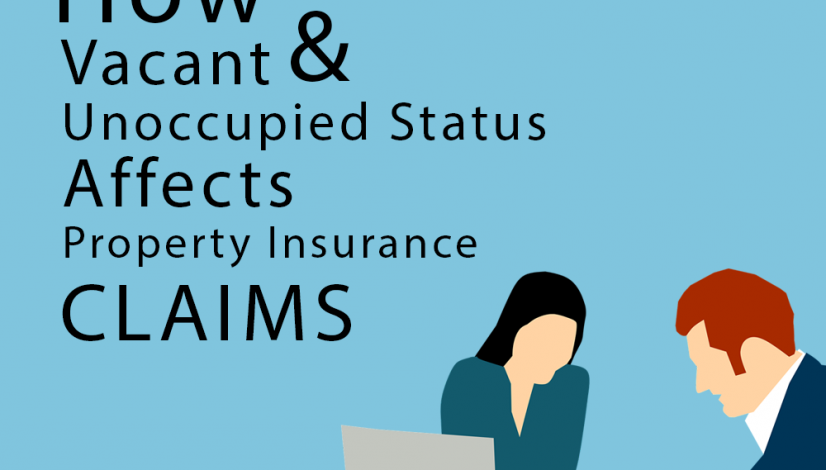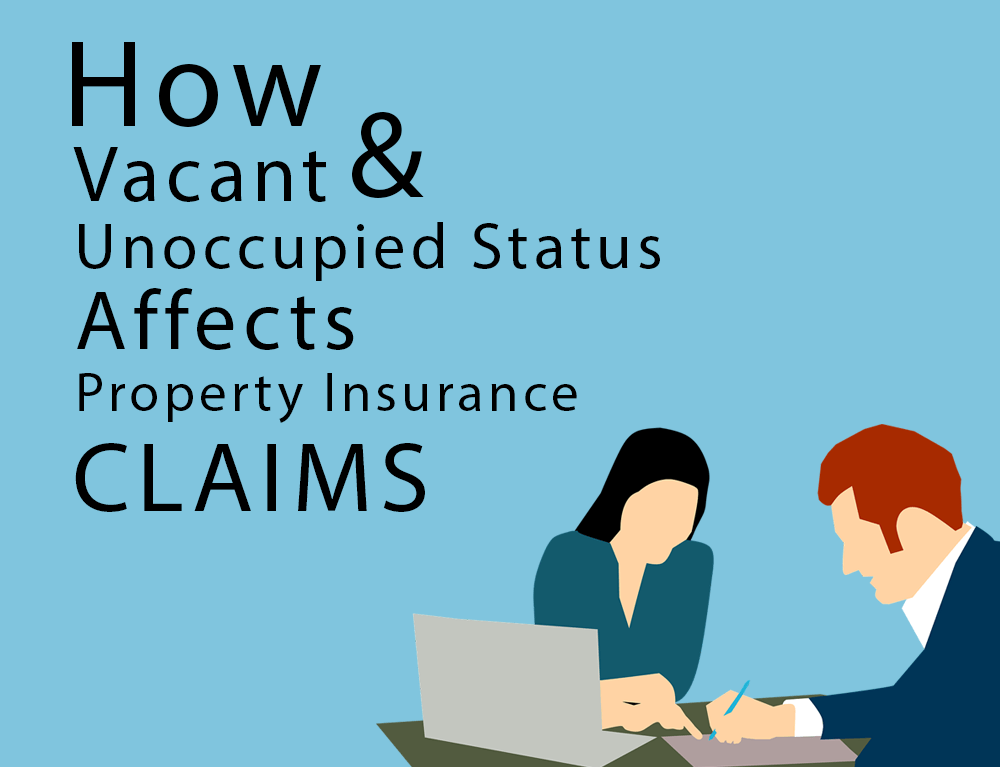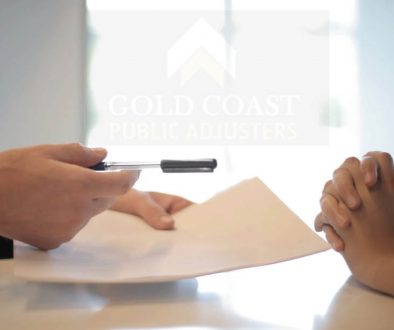How Vacant and Unoccupied Status Affects Property Insurance Claims
St. Johns Insurance
When it comes to the best home insurance, vacancy and unoccupancy make a big difference. It might sound like the same thing but this will bring different terms when it’s time to file for a claim. Most policies will include vacancy inclusions but not unoccupancy exclusions.
Why is it important to know the difference? Well, vacant means the property is totally empty – both of people and belongings. As for unoccupied, the property is only lacking occupants but valuables are left intact. For example, if a family went into a short vacation, the house is unoccupied. If they moved to another home, there’s a chance that the property will be vacant.
Insurance claims
For best homeowners insurance, vacant properties will not have any coverage for vandalism, theft, glass breakage, and water damage. Attempted theft isn’t covered too if it happens within 30-60 days after the vacancy. Since these risks are high and there’s no effort to prevent it, the insurance company won’t grant any claim.
When it comes to unoccupied properties, everything applies just the same as for occupied policies. The owners are assumed to be returning any time.
This looks like a simple difference. But for commercial establishments, vacancy and unoccupancy become trickier. A building or business establishment will fall under vacancy if only less than 31% of its overall space is occupied. If the business space is deemed “vacant” for more than 60 days, commercial insurance coverage for vandalism, theft, water damage, and sprinkler leakage will be lifted.
One big disadvantage of having an indirectly vacant property is that the payout is decreased by 15%. This is $1,500 less for damages amounting to $10,000.
How to make your property qualify as occupied
If you’re leaving in a different property but you want your other house to be covered, you have to put more valuables inside. There should be cooking wares, utensils, fridge, and basic furniture. It should look like you have the intent to go back and resume living on the property.
In the case of extended vacations, say owners staying in a different country for months, the coverage stays intact under unoccupied.
If you want to insure your property, regardless if it’s unoccupied or vacant, you have to talk to the right people.
Insuring your property
The worst thing that can happen to you is to discover that certain property damages won’t be paid just because you don’t know the difference between vacant and unoccupied. It pays to talk to your insurer so you can ask for endorsements. Some policies can cover both of your properties even if you’re not living in one. Although this would be more expensive, you have peace of mind that everything is insured.
Remember, though, that vacant property insurance will be more expensive. Sometimes, it can cost at least one and a half times more than the usual coverage cost of your occupied property.
It’s not enough that you have the best home insurance. Make sure that you understand the terms and coverage under different circumstances. This way, you will avoid unexpected out-of-pocket expenses.





